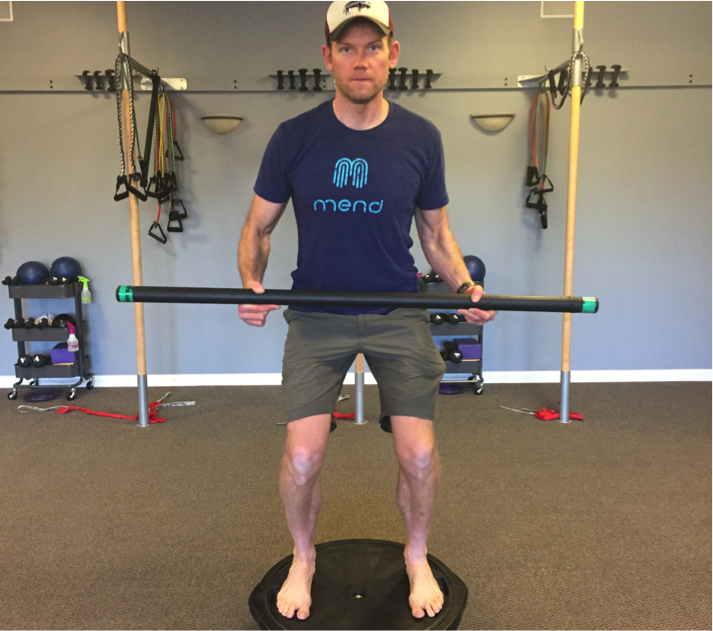ACL injuries are on the rise with over 250,000 tears occurring each year. Thankfully many of these non contact injuries to the knee can be prevented through proper pre and in season Physical Therapy programs. Despite our best preventative efforts many athletes will sustain an ACL tear of their knee requiring surgery and post operative Physical Therapy. Most athletes return to competitive play and sports by 6-9 months, but new evidence suggests the injury may cause a change in our brain and nervous system’s ability to process information.
Grooms and colleagues in the Journal of Orthopedic and Sports Physical Therapy studied 15 patients who underwent ACL reconstruction on average 3 years ago (2016). The researchers compared these athletes performance on different lower extremity movement tasks while simultaneously capturing brain activation levels. Their results were then compared against 15 of their age matched peers. The authors found the athletes who sustained a prior ACL injury demonstrated altered sensory and brain activation levels during the task compared to their non injured peers. The results indicated the previously injured athletes used a movement strategy based off their vision instead of information from their legs (proprioception). Further, these brain activation changes were also associated with changes in the brain’s sensory and motor pathways (neuroplasticity).
This study adds to our understanding of ACL injury and rehabilitation. Athletes are encouraged to work with a local Physical Therapist in order to have the most optimal outcomes after surgery.

